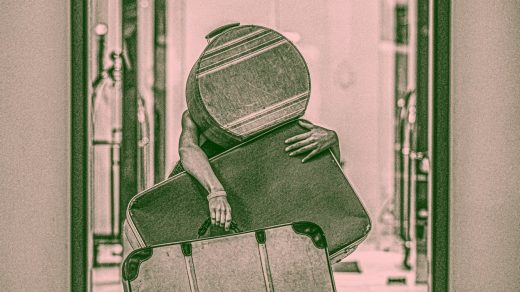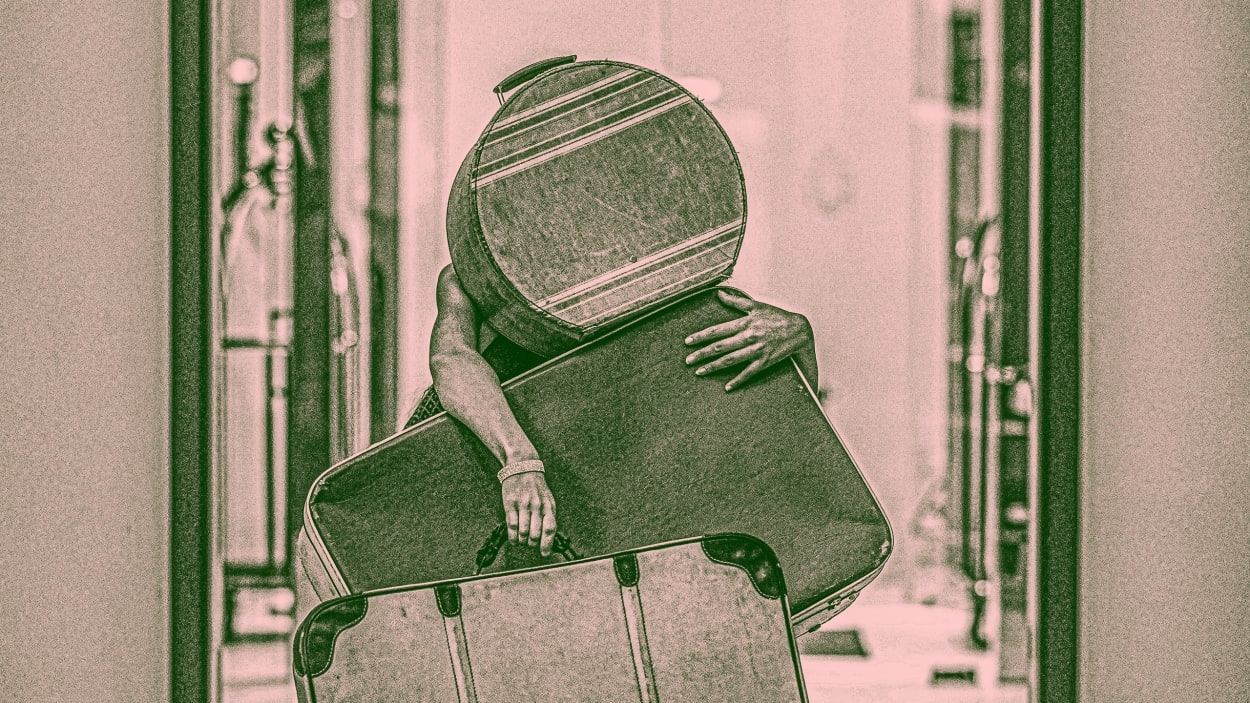This airline wants you to travel across the world without clothes
Passport . . . check. Phone . . . check. Wallet . . . check. Clothes . . . don’t need ’em.
This is what Japan Airlines is offering to overseas travelers who are heading to Tokyo. The carrier has just begun a yearlong trial to encourage its passengers to rent clothing at affordable prices (which they will receive at their destination), rather than tow their threads along with them. The aim of the rental model is to help reduce carbon emissions, as well as generate a more circular economy by reusing clothes, though the exact impact remains to be seen.
Starting this week until the end of August 2024, passengers flying internationally to Tokyo will have the opportunity to pick out attire to rent via a digital service called Any Wear, Anywhere created by Japan Airlines and Sumitomo Corp., a global business group that operates in 66 countries.
Up to a month before embarking on a trip, passengers can browse the virtual racks on the app, selecting from collections of a few tops and pants for each season, categorized by gender, size, and occasion, from casual to dressy. Collections range from $28 to $49. Travelers will still need to bring their own socks and underwear.
On arrival at their hotel in Japan, participants will receive a bag of their preselected clothing, freshly washed and ironed; they’ll be able to keep the items for up to two weeks before returning them to the reception desk. (The service can also accommodate Airbnb guests, though they have to arrange pickup and drop-off locations with hosts.)
The intention is to save carbon emissions in an industry that accounts for 2.5% of carbon output. According to Japan Airlines, eliminating 22 pounds of baggage between New York and Tokyo would reduce carbon emissions by 16.5 pounds, about the equivalent of the carbon produced by driving a car for 24 miles.
Less weight on an airplane does produce a lower carbon footprint because the jet requires less fuel. And there are business benefits for a carrier; when United Airlines started using lighter paper in its in-flight magazines in 2018, it reportedly saved 170,000 gallons of fuel per year—and $290,000 in operational costs. Making its in-flight services guides with lighter paper saved it another 220,000 gallons, along with 2,100 metric tons of CO2.
Additionally, there’s the benefit of extending the life cycle of clothes by washing and reusing the same items for different travelers. Also involved in the collaboration are Japanese companies Wefabrik, a sustainable fashion business that runs an online apparel-matching platform, and Hakuyosha, a laundry and dry cleaning service that won a global sustainability award in 2018.
To assess the impact of the pilot, Japan Airlines will monitor luggage weights at bag drop-off and compare them to past weights. But it’s always possible that passengers taking emptier suitcases on vacation may be tempted to buy new clothes abroad and could end up traveling back with larger loads.
(30)



